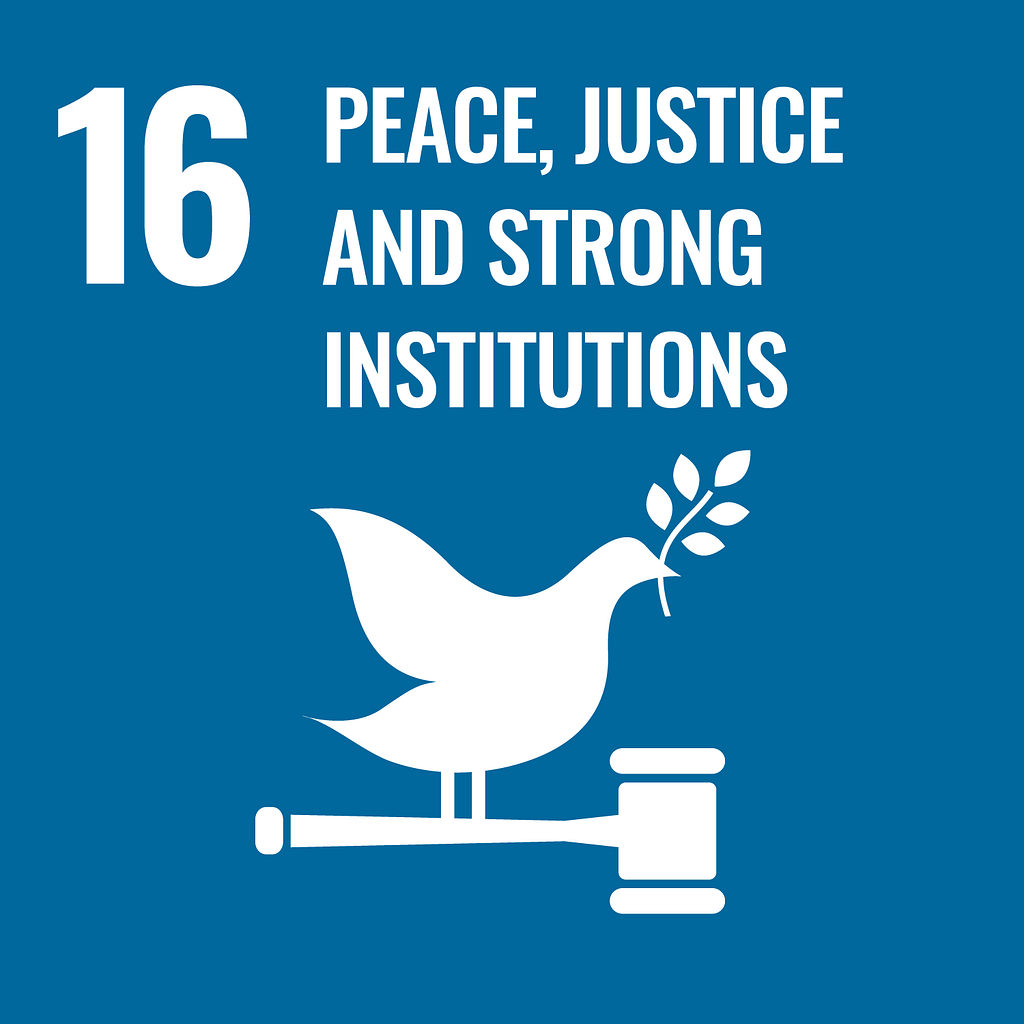Drought is a recurring environmental concern in Hungary, as it is a landlocked country located in Central Europe with a temperate continental climate. The country’s agricultural sector is particularly vulnerable to drought conditions, which can have significant economic and social impacts.
To address the issue of drought, various strategies and solutions can be considered:
- Water Management: Implementing effective water management practices is crucial. This includes monitoring and regulating water usage, improving irrigation techniques, and promoting water conservation measures in agriculture, industries, and households.
- Efficient Irrigation: Promoting the use of modern irrigation methods, such as drip irrigation and precision agriculture, can help minimize water waste and increase the efficiency of water use in agricultural practices.
- Water Storage: Constructing and maintaining water reservoirs and dams can provide a means of storing water during periods of excess precipitation for use during dry periods.
- Water Recycling and Reuse: Encouraging the recycling and reuse of water in various sectors, such as agriculture and industry, can help alleviate pressure on freshwater resources.
- Research and Development: Investing in research and development efforts to explore innovative solutions, such as drought-resistant crop varieties, advanced water-saving technologies, and climate modelling, can aid in better understanding and mitigating the impacts of drought.
- Public Awareness and Education: Raising awareness among the public about water conservation, efficient water use, and the importance of sustainable practices can foster a culture of responsible water management.
- International Cooperation: Collaborating with neighbouring countries and international organizations to share best practices, data, and resources can enhance Hungary’s ability to manage drought effectively.
For the most up-to-date and accurate information on the current situation and ongoing efforts to address drought in Hungary, we recommend consulting local government agencies, environmental organizations, and scientific publications.






